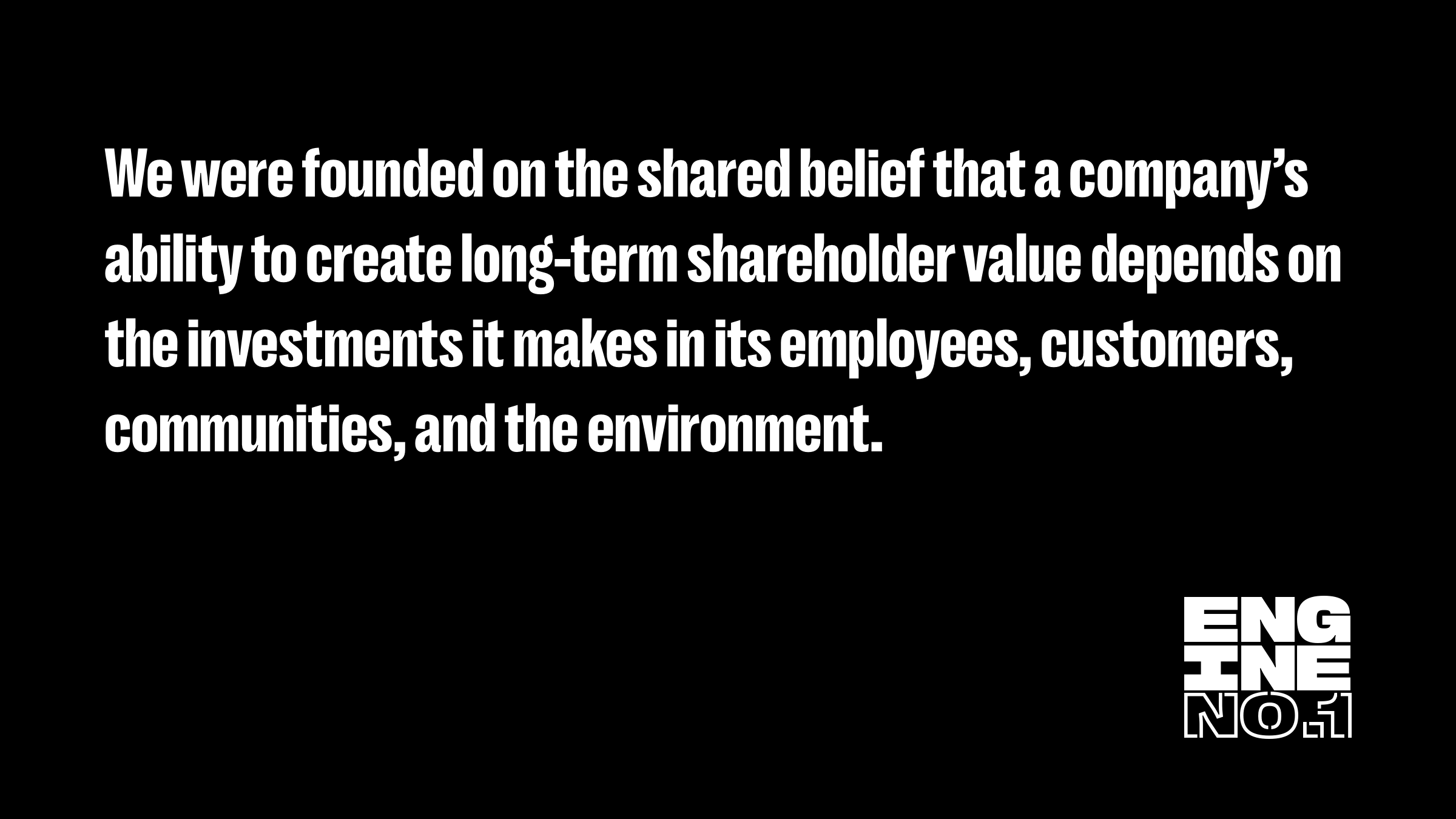Is It Really Possible for a Hedge Fund to Be Ethical? It's Blurry
With hedge funds, ethics tend to get blurry. Can hedge funds really be ethical after all? Here's what investors need to know.
Aug. 31 2021, Published 2:02 p.m. ET
In early 2021, the war between retail investors and hedge funds soared to new heights. Meme stocks skyrocketed, while hedge funds with short positions lost millions. During this time, hedge funds were labeled as the unethical bad guys. For many people, they represented the "system" rather than the individual.
As the ethics of investing grows into its moment (impact investing and ESG criteria are key talking points in the market), the question remains about whether a hedge fund can be ethical. Does the innate structure of a hedge fund even allow for ethical operation, and are the impact-driven newbies as transparent as they seem?
Engine No. 1 positions itself as the hedge fund that cares.
You might have heard the news about the greenified boardroom coup that startup hedge fund Engine No. 1 orchestrated against oil giant ExxonMobil Corp. (NYSE:XOM), placing ESG-aware board members on Exxon's voting block.
This maneuver means Exxon is more likely to make sustainable decisions moving forward. Engine No. 1 cares about this because it creates long-term, sustainable value that aligns with a quickly changing regulatory and environmental landscape. The old way won't last, not for the planet or shareholders.
Like all ESG firms, Engine No. 1 isn't solely in it for sustainability. The investing tactic would be nothing without value. Money makes the world go 'round, and sustainability decisions that undermine the bottom line are pointless to many institutional and generational investors. The thing is that Exxon's unsustainable practices were already cutting into its bottom line, and the trajectory of that trend was only set to increase.
The traditional hedge fund structure is opaque, which blurs the ethical line.
Impact investors rely on companies and asset managers to be transparent about how they're operating and what they're investing in. Traditionally, hedge funds are strategically opaque. In an article in Business Ethics Quarterly, Thomas Donaldson wrote, "They systematically deny information to their own investors and to governments in order to protect their competitive advantage, even though the information they hide holds tremendous significance for the interests of both groups."
A hedge fund profits off of its unique and often proprietary investing strategy. This information is extremely privatized, which creates a conflict of interest for those who are invested. Aside from wealthy individuals and families, institutions primarily invest in hedge funds (including pension programs and labor unions). This can trickle down to the average "retail investor" who might not even realize they're involved in a hedge fund.
The "wise" investor knows what they don't know—about hedge funds or otherwise
In his article, Donaldson likened the wise investor to Socrates, who famously knew what he didn't know. In this sense, to think that a hedge fund is telling you the full truth would be foolish. These financial institutions operate on opacity, regardless of the ethical claims that make them stand out.
That isn't to say that a hedge fund can't swoop in and change the dynamic by being radically transparent. Engine No. 1 is on its way there, but there are still unknowns that investors recognize. Also, the idea of ethics is a malleable thing. What one investor might deem ethical won't necessarily translate to another investor.
For everyday investors who might have a hand in a state program through a hedge fund, the ethics of hedge funds are a real concern. Having control over your portfolio becomes difficult once you enter a massive pool of money.
If you're after those union benefits or that long-promised pension, the best you might be able to do is build ethics overtly into your other investments—the ones you can control. Even then, know that what the company in question tells you might not always be the full, transparent truth.


